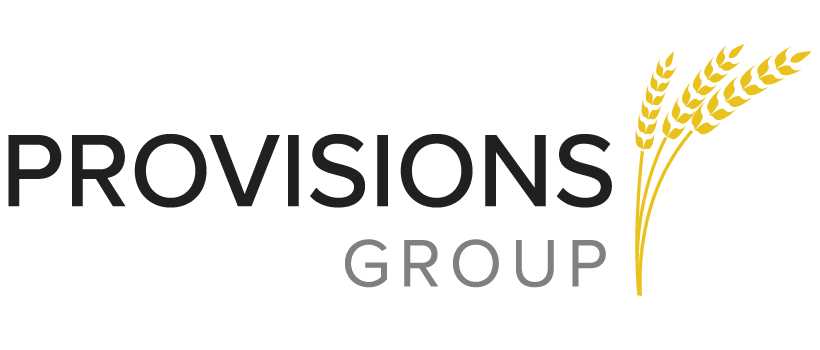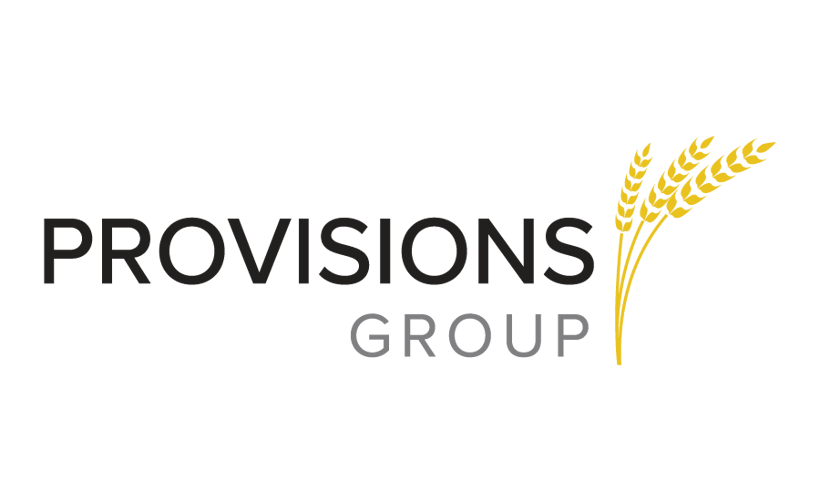As a healthcare provider, managing the vast amount of patient data and ensuring its accuracy and security is crucial to providing effective care. This is where Health Cloud by Salesforce comes in. In this blog, we will explore how Health Cloud can help you manage your healthcare data efficiently and securely. We will discuss configuring Health Cloud settings, best practices for data protection, leveraging clinical data from EHRs, integrating Health Cloud with other clinical systems, customizing data access, managing workflows, and using CRM (Customer Relationship Management) analytics. By the end of this blog, you will have a clear understanding of how Health Cloud can benefit your healthcare practice and improve patient care.
What is Health Cloud and why is it important for managing healthcare data
If you’re wondering what Health Cloud is and why it’s important for managing healthcare data, look no further. Put simply, Health Cloud is a powerful cloud-based platform designed specifically for healthcare providers to manage their patient information in one place. This means that doctors, nurses, and other healthcare personnel can access and manage critical patient data with ease. Configuring Health Cloud settings can optimize data management and leveraging clinical data from EHRs can help improve patient care. Integrating Health Cloud with other clinical systems can streamline data management, and customizing data access in Health Cloud can improve security and compliance. Overall, Health Cloud is essential for those in the healthcare industry who are looking to shift towards a more patient-focused and data-driven approach to care coordination. By using Salesforce Shield, data protection is ensured, making the use of Health Cloud completely secure and safe. So, if you’re in the healthcare industry, Health Cloud is worth looking into.
Configuring Health Cloud Settings for optimal data management
Now that you understand the importance of Health Cloud in managing healthcare data, it’s crucial to configure the settings for optimal data management. Custom Metadata Types allow you to define the key and value pairs for the configuration settings in Health Cloud. You can manage these settings by clicking the “Manage Records” button next to Health Cloud Settings. It’s essential to disable any delivered settings that don’t apply to your organization to ensure you’re only utilizing what’s necessary for your healthcare data. Additionally, customizing data access in Health Cloud is critical for improved security and compliance. By taking the time to configure these settings properly, you’ll have a solid foundation for managing healthcare data in Salesforce.
Best practices for securing and protecting your healthcare data with Salesforce Shield
To ensure the security and protection of your healthcare data in Salesforce, it’s essential to follow best practices using Salesforce Shield. In addition to properly configuring Health Cloud settings and controlling user access to healthcare data, it’s important to consider encryption and event logging. With Platform Encryption, you can encrypt sensitive information and ensure that it remains secure during transmission and storage. Event logging and monitoring must also be assessed and documented to allow for quick identification and response to potential security threats. By using these best practices with Salesforce Shield, you can protect your sensitive healthcare data and comply with regulations. With these tools in place, your users can continue to work safely and efficiently, which is a vital aspect in any healthcare organization.
Leveraging clinical data from EHRs to improve patient care in Health Cloud
In the previous sections, we learned about Health Cloud as a cloud-based patient relationship management system and how to optimize its settings for efficient data management. We also discussed best practices for securing and protecting your healthcare data with Salesforce Shield. Now, let’s explore how leveraging clinical data from EHRs can improve patient care in Health Cloud. By accessing and analyzing patient data from various clinical systems like EHR, practitioners can create bespoke care plans that cater to their unique healthcare needs. This approach ensures patients receive personalized treatment and improves their overall experience. Health Cloud’s ability to surface and integrate fragmented patient data into a single platform allows for tailored care to patients on a comprehensive level. With Health Cloud, you have the tools to unlock the true potential of your clinical data, resulting in better patient outcomes and satisfaction.
How to integrate Health Cloud with other clinical systems for streamlined data management
Integrating Health Cloud with other clinical systems is crucial in achieving streamlined data management. As mentioned earlier, Health Cloud allows for the integration of clinical data from EHR systems and third-party platforms. This makes it easier to map messages from these systems into Health Cloud objects and fields. As a premier Salesforce health cloud consultant, we can also provide seamless integration with other third-party platforms to create a cohesive data management system. With this integration, you can take advantage of the modern integration-platform-as-a-service (iPaaS) to ensure that data flows quickly, easily, and securely. This will allow you to achieve a comprehensive view of each patient, while improving care coordination and potentially leading to better health outcomes. By integrating Health Cloud with other clinical systems, you will be able to maximize the benefits of this powerful healthcare platform.
Understanding the data sharing design in Salesforce for controlling user access to healthcare data
To ensure data security in a healthcare organization, it is important to control user access to sensitive information. Salesforce provides a flexible data sharing design that allows administrators to restrict user access to patient or member lists. This feature enables healthcare providers to share only the necessary data with individuals who require access, thus mitigating the risk of data breaches. Additionally, Salesforce Health Cloud provides custom object access enabling healthcare administrators to tailor data access requirements specific to care workflows. By configuring data sharing settings in Health Cloud, you have the power to protect patient confidentiality and maintain compliance with regulatory standards. This is an integral part of a comprehensive healthcare data management strategy.
Customizing data access in Health Cloud for improved security and compliance
To keep healthcare data secure and compliant with regulations, customizing data access in Health Cloud is essential. With Salesforce Shield, you can configure data access settings to ensure only authorized users have access to sensitive data. Additionally, understanding the data sharing design in Salesforce can help you control user access to healthcare data. By customizing data access, you can improve data security and protect against potential breaches. In combination with Health Cloud’s powerful reporting capabilities, customizing data access can help you streamline workflows and improve care coordination. By following these best practices, you can achieve optimal data management within the healthcare industry.
Managing healthcare data workflows in Health Cloud to streamline care coordination
In the healthcare industry, timely and efficient coordination between care coordinators and patients is crucial for better patient outcomes. Health Cloud provides a comprehensive platform to manage healthcare data workflows and streamline care coordination. With Health Cloud, you can improve patient engagement and simplify the document management process. You can also transfer data from wearable devices to Salesforce, allowing practitioners to monitor their patients’ conditions post-appointment. The integration of real-time clinical and non-clinical data creates a more holistic view of patient health, improving patient outcomes. By customizing data access and leveraging clinical data from EHRs, you can improve healthcare data management for better patient outcomes. Additionally, with CRM analytics, you can get a consolidated view of healthcare data, making it easier to track and manage the data flows. By administering Health Cloud, configuring the user interfaces, and data flows, you can ensure optimal data management and streamline care coordination.
Using CRM analytics to get a complete view of your healthcare data in Health Cloud
Now that you have configured Health Cloud for optimal data management, it’s time to make the most of your data through CRM analytics. By using these analytics, you can gain a complete view of your healthcare data and improve patient care. With CRM Analytics for Health Cloud, you can identify trends affecting patients and use this information to drive intelligent patient engagement, improve care effectiveness, and manage patient risk. This includes using predictive analytics to anticipate future outcomes and prescriptive analytics to identify high-risk patients and proactively manage their care. By analyzing the data from all connected devices captured in Salesforce Cloud in real time, providers and care teams can engage with patients at the right time and in the right way. With these insights, you can deliver connected, one-to-one patient care and improve patient outcomes.
In conclusion, managing healthcare data with Salesforce Health Cloud is crucial for healthcare professionals to make informed decisions and improve patient outcomes. The configuration and customization of the Health Cloud settings, along with leveraging clinical data from other systems, can lead to optimal data management and care coordination. Securing and protecting healthcare data with Salesforce Shield is a best practice that must not be overlooked. Additionally, accessing comprehensive views of healthcare data using CRM analytics can help healthcare providers understand the patient population better. Lastly, administering Health Cloud requires skills and understanding to configure user interfaces and manage data workflows effectively. By implementing these practices, healthcare professionals can benefit from the power of Salesforce Health Cloud to streamline data management, improve patient care, and foster better outcomes.


.jpg?width=300&name=Connector-FeaturedImage(Header).jpg)